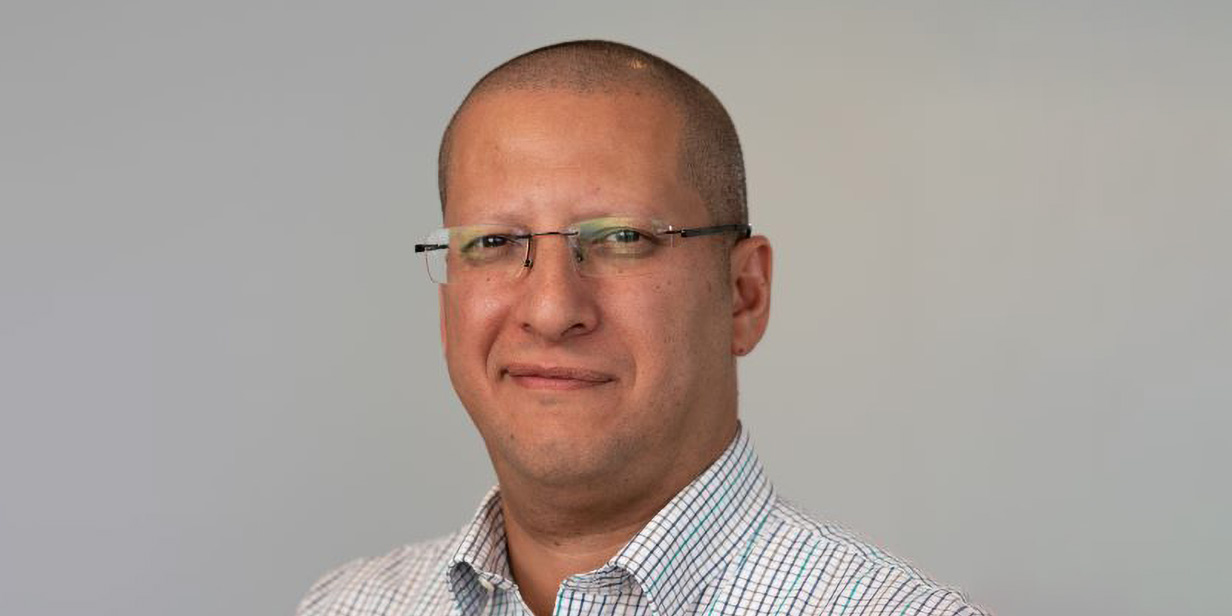Why is Denmark so resilient? We asked a Danish engineer.
Denmark led the world again in the 2025 FM Resilience Index.

FM recently released its 2025 Resilience Index, a ranking of the business environments of 130 countries and territories. And one country yet again stood out above the rest: Denmark.
It was hardly a surprise. Even in years when it’s usurped by a Norway or chased by a Singapore, Denmark is always near the top of the FM Resilience Index. What makes Denmark so strong? You can point to the data: its strong economy, its improving cybersecurity, its highly educated populace.
Or you could ask a Danish engineer. FM’s clients operate around the world, and so do its experts. Simon Barsoum was born and raised in Denmark to an Egyptian family. He is a native Danish speaker and is frequently tasked with engineering site visits to FM clients in Denmark, where he lives.
In this Q&A, Barsoum, a senior consultant engineer, answers some questions about Denmark—what makes it unique, what challenges it faces and what you might enjoy eating in Copenhagen.
What makes Denmark so strong?
The first thing that comes to mind is that we are known for having strong social services. We have free education all the way up through college, free healthcare for everyone. Our economy is very good. We had inflation, but it was better controlled than other countries. Technology-wise, there is very good infrastructure. Of course, Denmark is one of the leaders in addressing climate change and developing green energy, just looking at the number of electric vehicles and charging infrastructure.
Denmark has always had a very good relationship with its neighboring countries, with the European Union and Nordic countries.
Beyond the macro factors, is there something in the personal philosophy of a Danish person that makes the country resilient?
I think so. Danes really take pride in what’s Danish. For instance, although we are a member of the European Union, we are not included in the eurozone, so we have still have our own currency, the Danish krone.
Also, Danes are very good at work-life balance. Having a very good work-life balance helps you take the time for the new generation, for the children—we do all the after-school activities and different clubs and sports, which provides a very strong foundation for the next generation.
You visit clients in Denmark, but you also have experience in other countries. What are some things that make Danish businesses unique?
I think discipline comes to mind. It's very relaxed but still disciplined at the same time. People take accountability for what they need to do and how they do it, and they get all the training they need to do their job. Self-accountability is something that really drives people here.
You also have experience in Egypt. How would you describe Egypt and its efforts to become resilient?
It's a completely different story than Denmark, of course, if I look at as Egypt as a country. It’s a time of transition. A lot of things are challenging in Egypt. But most of our clients are multinational companies, so they get direction from corporate on how to be resilient. So if you talk about the clients locally, they are quite resilient, but if you take the country, it's a challenging time for the country at the moment.
Egypt has a lot of very strong engineers and some really smart people. But maybe the resources are not so easily available to them as they are in Denmark, I would say.
Even the most resilient countries have their challenges. What could Denmark improve on?
The public school system is not what it used to be. Recently, there have also been challenges in the health sector. How do we get elderly people the services they need? We don’t have enough nurses to take care of all the ill people at hospitals or nursing homes. Even in the kindergartens and nurseries, there have been discussions about whether there are enough teachers to take care of children.
But as a resilient country, we try to fix it, and we allocate the resources that are needed to fix the issues. Of course we have problems, but compared to other countries, I think we are in a pretty good place.
What are some things Denmark does that other countries could look to as a model?
What comes to top of mind is the infrastructure, whether that’s physical infrastructure or technological infrastructure. And public service, as well, which is integrated into the infrastructure. Even renewing your passport—it takes five minutes to get the process done, and I can get the passport in less than two weeks. In other places, you’ll be standing in a long queue.
Where would Simon Barsoum take a visitor to see the real Denmark?
I will take you to Copenhagen, which is very international, but at the same time, you still find things unique to Denmark. We are very famous for our sausages, our pork, our cheese, our bacon. And Danish people like pastries. The word in Danish for danish pastry is “wienerbrød.” You won’t find it better anywhere else.
